In June, we moved to San Diego, and I stepped away from being a pastor. I’ve still built connections with clergy, and a recent meeting with one pastor stuck out. We talked about following up, and he said, “Reach back out in January.” It was December 1. Caught off guard for a moment, I suddenly felt the rush of frantic energy course through me as I remembered the weight of responsibility during seasons like Advent. I’ve been almost entirely removed from those rhythms that completely dominated my life until a couple months ago.
My life has been filled with other things, new things—mostly related to our move and the struggles and opportunities that have come with it. But I’ve also been filled with an unshakable awareness of the Palestinian genocide. I led a congregation through the pandemic, global uprisings, and murmurings of a world war. All of them made their way into my sermons, and my mind-boggling realization during the early days of the pandemic was that my job was to help people make sense of something no one understood. It felt like digging into the depths of humanity and (on good days) coming back with something that could offer peace, hope, or enough light for someone to take another step.
I learned a lot along the way.
One of my most transformational seasons was the war in Ukraine. I had the same knee-jerk reaction toward Russia’s invasion as everyone else, and when I saw the God-forsaken images that emerged, I questioned my commitments to pacificism. I still preached about the evils of war. It was my job to dig deeper, and so I read and watched and listened—and I sat with the idea of truly experiencing the ravages of war. I sought to understand, and in the process, I saw with new clarity the invisible allure of unquestioned allegiances.
One of the powers of war is to stop us from interrogating anything to do with those they label the ultimate villains—and it stops us from interrogating ourselves. I learned the history of NATO moving military bases closer and closer to the Russian border, I learned about the U.S.’s repeated broken promises to Vladimir Putin, and I learned about the utter absence of accountability for billions of dollars being sent to Ukraine. And I started seeing those omnipresent Ukrainian flags in a new light. The instigators of war are evil—always. But have you thought about the meaning of that flag? Have you asked whether anyone is truly innocent? Have you considered that the context is muddier than good versus evil?
I set those ponderings aside until the violence in Gaza resurfaced them. It’s not a new conflict, but through marriage, I now have ties to Palestinian refugees. I no longer have the luxury to look away or choose that “it’s just so complicated.” I sit with the thought of an alternate reality in which my now-family had not fled their homes and would now be facing an extinction sanctioned and supported by most of the Western world. I see the faces of weeping children walking with white flags and recognize the same shades and contours of faces I know and love. I hear unchecked vitriol about Palestinians—but now no longer as abstract utterances about some other people in some other place. They are proclamations about the people I love. And at the end of the day, I wrestle with the reality that it took marrying into a family to see that hospitals with babies being blown up is genocide.
I, like you, question the point of adding to the echo chambers of the internet. But besides being a preacher without a pulpit, the people around me have said that every voice counts. I never know who may be challenged to see suffering in a new light or be emboldened by knowing there are people who care. It’s no accident that the Israeli military has targeted journalists. There’s a reason that articles refer to “Israeli children” and “Palestinians under the age of eighteen.” The stories we tell change us—and they change our world. Maybe my story will find someone who hasn’t heard a story like this—and who may need to be freed from the unchecked stories they’ve been told.
When I started my last pastoral position, I was told we must close every Christmas service with “Silent Night.” This Advent, my life is not consumed by the story of Mary, Joseph, and Jesus as told in sacred texts and Christmas pageants. It is consumed by the weight of war and the shock of a world that can ignore a genocide. This Christmas, any rendition of “Silent Night” will ring with lament as bombs destroy Palestine and our global community stands silently by. And I’ll be watching with sadness as Palestinian mothers, fathers, and children wander a broken terrain in search of a place to lay their heads.
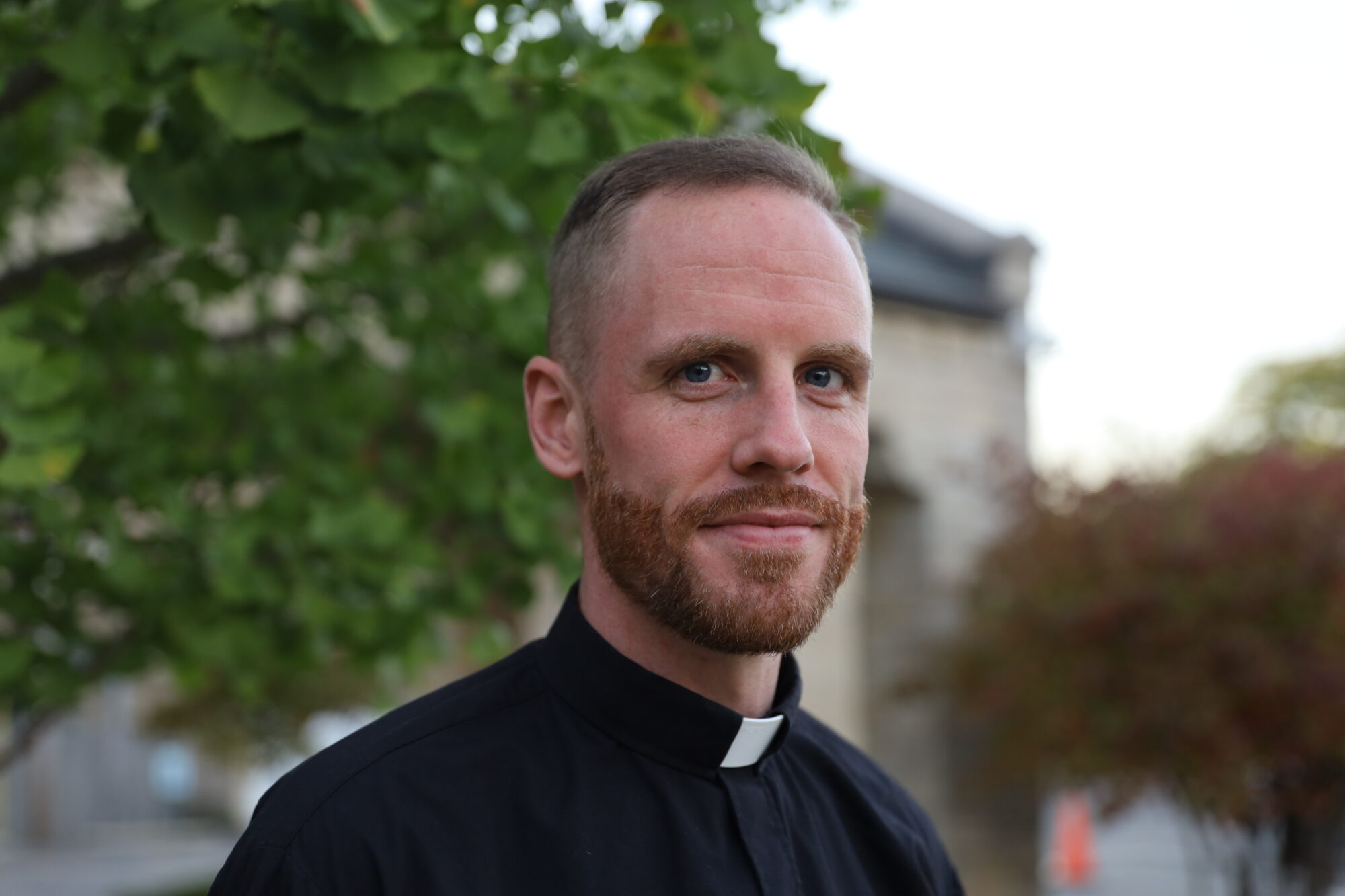
Rev. Thad Winkle (he/him) is an ordained clergy person in the United Church of Christ. He has worked in a variety of settings–churches, nonprofits, a prison, jails, and a state psychiatric hospital–seeking in each to learn from and empower the most marginalized people of his communities. Thad has degrees from Princeton Theological Seminary, where he also received a certificate in Black Church Studies and an award for exceptional pastoral leadership. He was most recently the pastor of a congregation in Milwaukee, WI until relocating to San Diego for his spouse’s radiology residency. He is currently working as a consultant and coach to nonprofit organizations seeking to grow and become more effective.

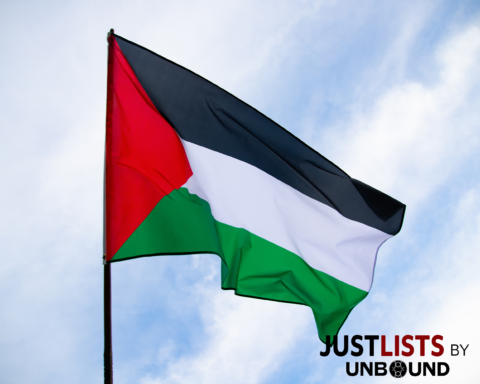
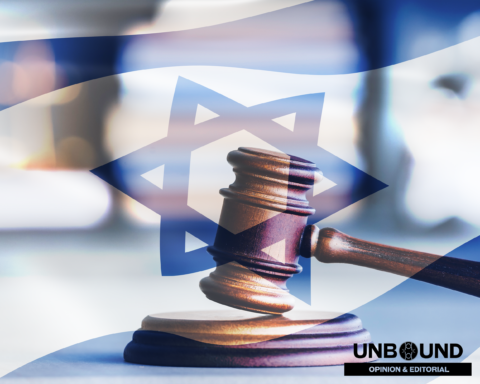
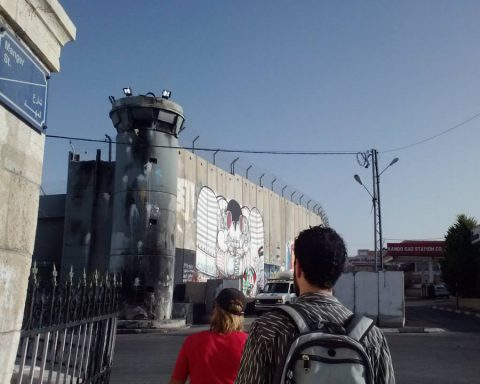

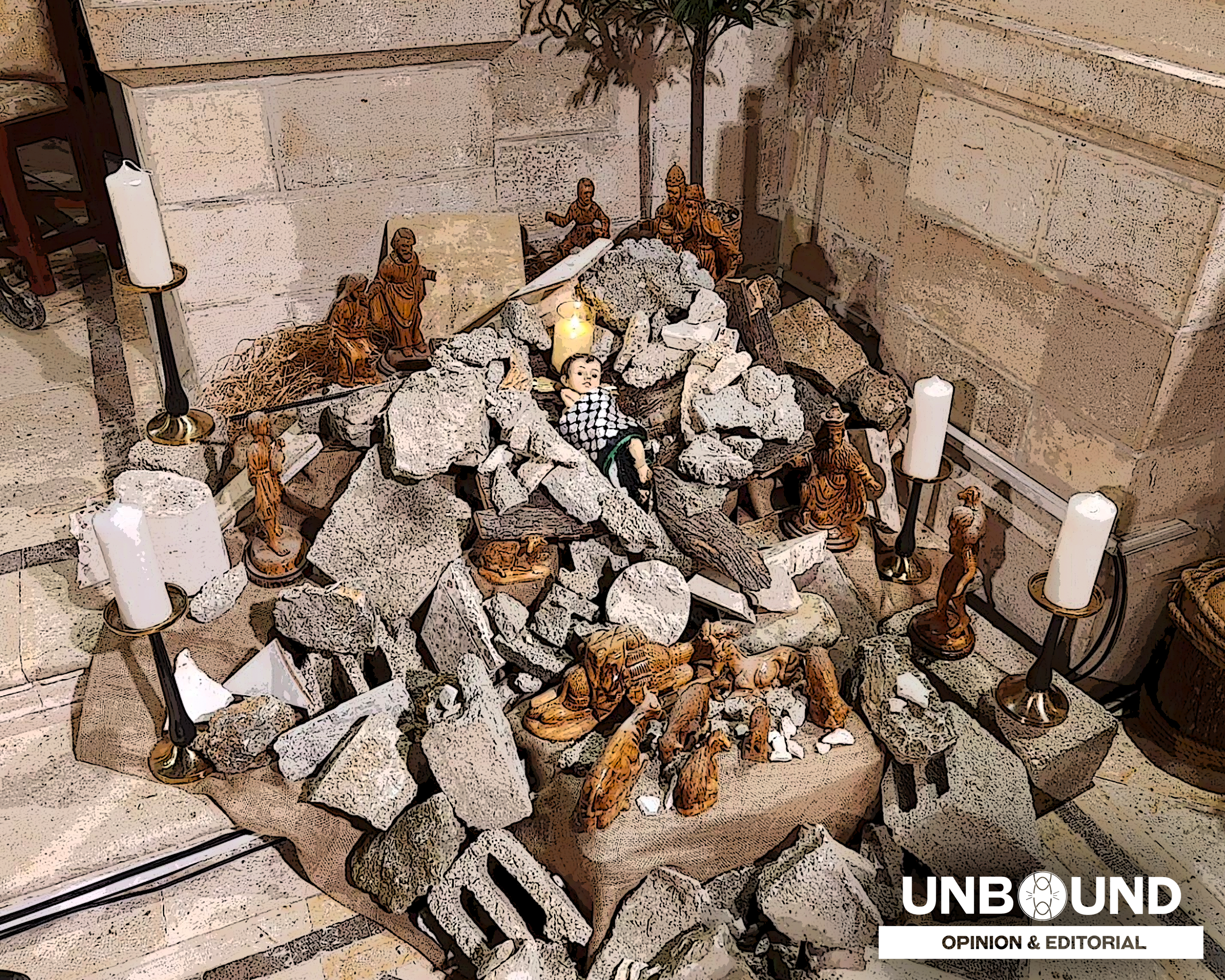
Unbound Social